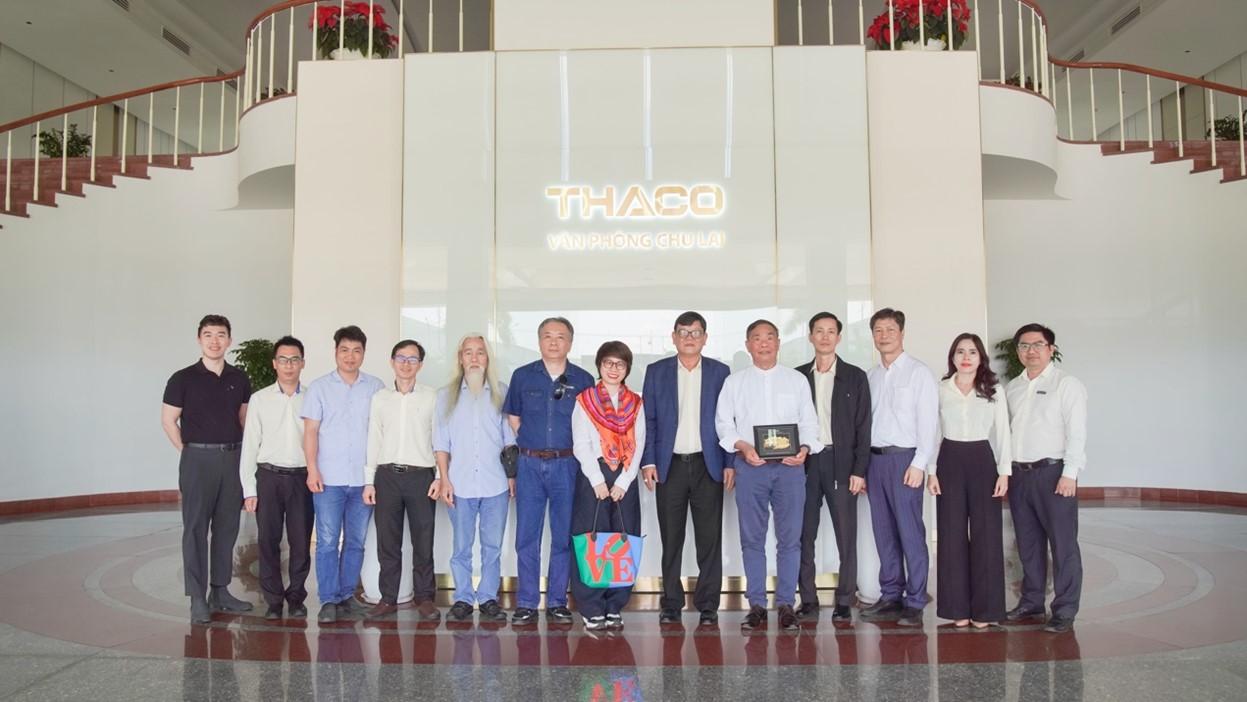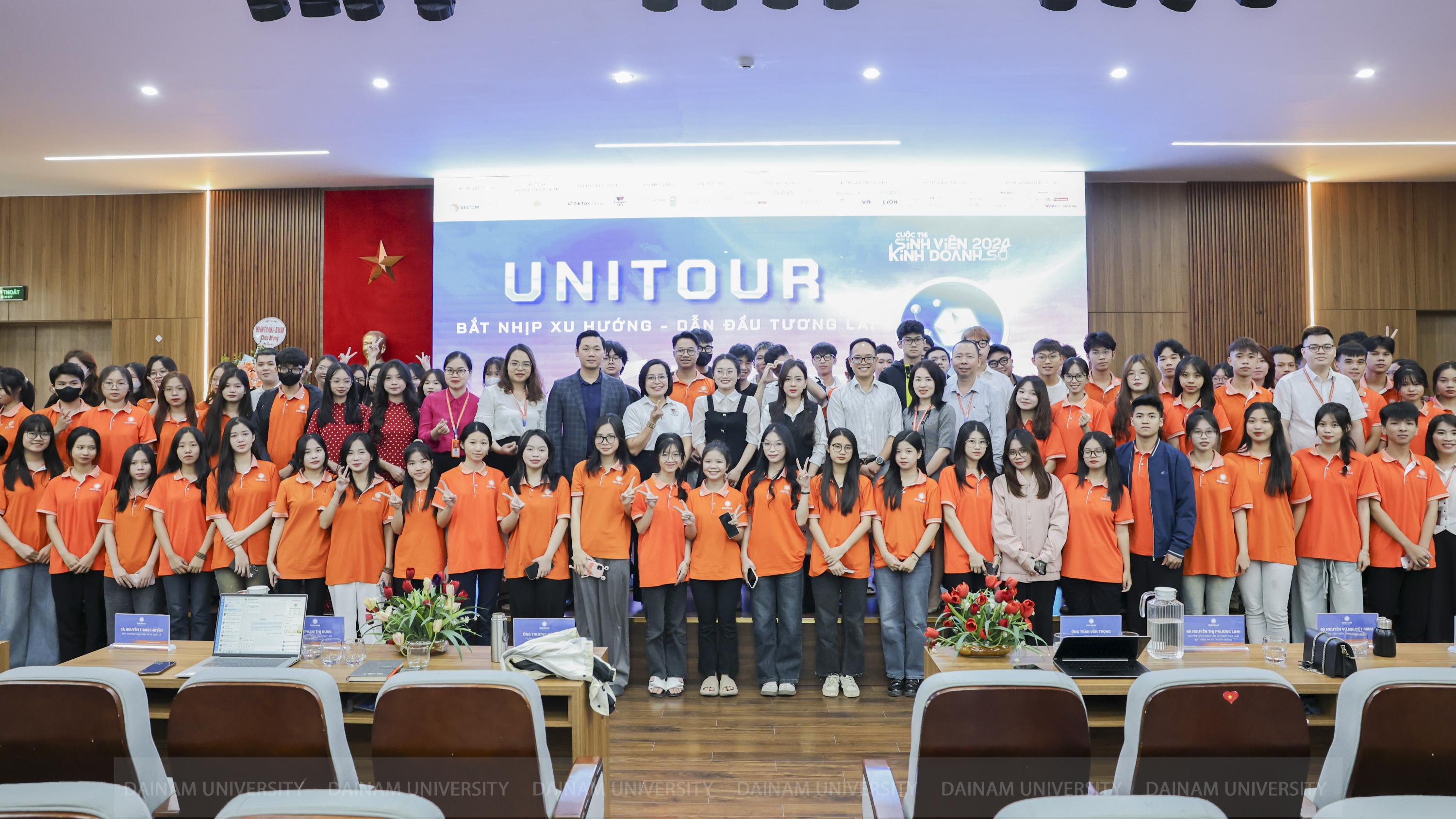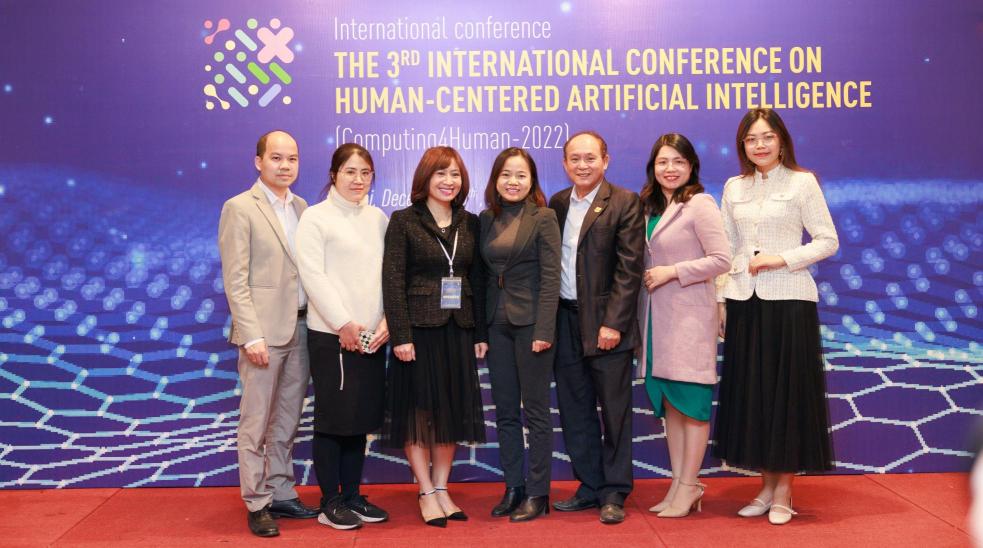The physical world is being digitized. Real life is being mapped into cyberspace. The process of creation, production and business is increasingly taking place on the basis of the fourth industrial revolution. Digital transformation brings more convenience to life, but it also requires each of us to change both our thinking and actions, to change to adapt/be compatible with "digital life".
Digital transformation includes technology and transformation. In fact, it is a transformation of the operating model and the way of life. That means doing things differently from the present, using digital technology to change the way we do things. Digital technology also gives us new approaches and new solutions to effectively solve long-standing problems of mankind, such as environmental pollution, the growing gap between rich and poor, measuring social mood, people's participation in policy making, etc.
Minister of Information and Communications Nguyen Manh Hung once shared: When the digital revolution, the 4.0 industrial revolution occurs, the future will not lie on the extended path of the past. Countries like Vietnam have the opportunity to break through. But it must be a new way of thinking, not traditional, not sequential. Both state management and businesses need a breakthrough in thinking, in policy, in approach.
Social networks bring many conveniences, wider social communication, information about economic and social life spreads quickly, but it comes with concessions on privacy. To make people feel secure about those concessions, service providers and the state need to ensure that personal information is not used against their interests, not abused for purposes they cannot control. This is not only thanks to a clear, transparent, highly enforceable legal system but also to trust in the integrity of the state apparatus.
Currently, our legal system still lacks many regulations to regulate relationships in the digital society. Along with the "digital" environment still having many risks, information security is not guaranteed, the backward habits and thinking of Vietnamese people also hinder the "digitalization" process, even making digital technology unable to operate.
A story told by a foreign expert is an example. Many national leaders and large enterprises came to Harvard to ask what technology they should use for digital transformation, but a professor said that he did not teach a specific technology, but taught the way of thinking of the technology world, that is, digital thinking. No matter how good the technology is, it will eventually become obsolete, but if you know how to learn and change quickly, it will never be outdated.
And no technology can solve the problem of stagnation and bureaucracy. I heard that a Vietnamese corporation invested millions of dollars to buy a foreign e-commerce system, but even if they wanted to change the font, they had to wait for the partner for several weeks. I just tried to access the website and found it "clinically dead".
It's not like just stuffing technology in makes everything "digital". I've seen a bank boasting about being a "digital bank", but if they want to fix anything, the engineer has to write a request and wait for three levels of leadership to approve. I agree that going slow can be safer, but I'm afraid that the people below are afraid of responsibility, and the people above are worried about losing control. I've looked at the reviews, and nine out of ten customers complain that the app is slow and error-prone.
On the contrary, it does not need to have a fancy technology to be considered "digital". Any place that creates the best conditions for employees to work, encourages creative freedom, encourages responsibility, accepts mistakes without blaming individuals, that place has started a successful digital transformation.
Digital transformation, therefore, is not about moving from "offline" to "online", from paper to computer, from manual to automatic, but about changing thinking. The question is not "what technology will I use" but: how do I think to be able to change quickly and learn continuously.
Modern technology, smart devices... always require people capable of controlling and using those technologies and devices. To build a smart city, first of all, there must be smart citizens. Having modern technology, smart devices but users are ignorant, have poor awareness/attitude, the inevitable consequence is destruction. For example, the traffic participation of Vietnamese people, with the traffic culture of "filling in the blanks", cannot use smart traffic systems effectively; smart means of transport, such as self-driving cars, do not dare to be used in Vietnam.
A “cultured” person in the digital age is someone who is knowledgeable, good at technology, has a positive attitude, knows how to live respectfully and for others, defends what is right, fights against what is wrong, and is a person who knows how to “continuously learn”. Life has been “digitalized”, so it requires a “digitalized” culture of life, that is, a cultural attitude must be suitable for digital life.
From qualitative to quantitative
Looking back at the experience of digital development in the world, we can see that artificial intelligence is playing the role of machines replacing human mental labor, creating an important breakthrough for development. Associated with artificial intelligence, all information must be in digital form.
Human intelligence tends to think qualitatively, often influenced by love or hate, losing honesty and objectivity. All judgments and assessments often lack the accurate quantitative basis of science, leading to many wrong decisions. On the other hand, artificial intelligence thinks quantitatively, all decisions are made with sufficient and accurate basis after analyzing data. Wrong decisions can only happen when the data is wrong.
Currently, the world has introduced a massive system of indicators to evaluate every process, every industry, every activity, every country. Every year, the World Bank publishes a document called “World Indicators” with millions of indicators to evaluate thousands of fields of hundreds of countries.
Such indicators are a valid basis for each country to self-assess its level in each field, and then make appropriate adjustment decisions. For businesses in the digital economy era, they also have to apply the Balanced Scorecard method to quantify business strategies and business goals to ensure accuracy. This is the essence of "digital thinking". Human thinking must also change from qualitative to quantitative. That is the digital transformation of thinking.
Our country currently lacks a system of necessary indicators for evaluation and decision-making. Everything is still in a state of qualitative thinking. What needs to be done in digital transformation is to form quantitative indicators to convert thinking to "digital thinking" as a habit in development until it becomes "digital culture". Only then will decisions be highly effective and there will be no room for nepotism. A digital government will ensure publicity and transparency, no room for bureaucracy, corruption, the habit of harassing people and businesses, and no more "traditional culture - one person becomes an official, the whole family benefits".
The 13th National Congress of the Communist Party of Vietnam has identified the goal of national development in the coming period, which is to realize the aspiration of turning Vietnam into a strong and prosperous nation by 2045. With the emergence of the fourth industrial revolution (Industry 4.0), with the hundred-year push of the Covid-19 pandemic, the world is at a breakthrough point in the digital transformation process, accelerating digital transformation. This is an opportunity for Vietnam to realize its aspiration of strength and prosperity.
Institute of Postgraduate Training











